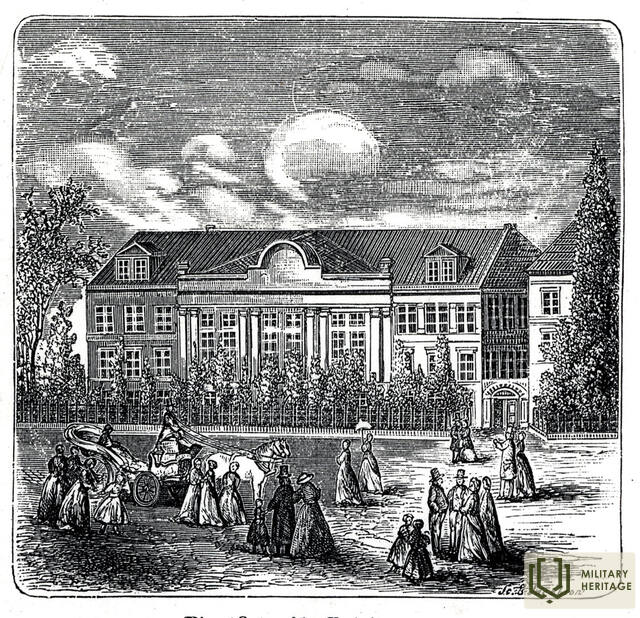The first Latvian political organizations
The formation of the Latvian nation took place under diverse conditions and over a long period of time. It was influenced by administrative and economic reforms in the territory of Latvia, and one of these developments was the formation of new social and political organizations. The formation of the Latvian nation, similarly to other places in Central and Eastern Europe, was the result of a national movement initiated by educated Latvians. Educated Latvians and their descendants joined these organizations.
The turning point in the life of Latvian society was the revolution of 1905. Initially promoted by external circumstances, the revolution gained widespread support among Latvians. The course of the revolution, the formulation of Latvian interests, and the brutal suppression of the riots promoted political discussions and the formation of various political trends in Latvian society. After the revolution, part of Latvian society lost its illusions about the political regime of Tsarist Russia and its goals. It was after the revolution that a wide variety of organizations began to form en masse, starting with Latvian choirs and ending with political parties.
One of the organizations is the Riga Latvian Society, which is the oldest officially founded Latvian organization. The society was founded in 1868, but its origins can be traced back to the first half of the 19th century, when the first attempts at Latvian association were observed in the then German city. The initiators of the foundation of the RLB were B. Dīriķis, architect Jānis Fridrihs Baumanis and writer, publicist and economist Rihards Tomsons. The society's statutes included assistance to "those suffering from deprivation" as one of its main goals. The second goal - to spread "useful knowledge, as well as honest order and all kinds of spiritual enlightenment among the Latvians here" - had a nationally determined orientation. It has an outstanding significance in the history of the nation and contains the roots of several notable modern Latvian educational, cultural and scientific institutions, as well as Latvia's state independence.
In turn, the first Latvian organization whose activities met the definition of a political party was the Latvian Social Democratic Union led by Miķelis Valters and Ernests Rolavs, founded on 22.07.1903. This party, rooted in socialist ideas, is more widely known for expressing the idea of Latvian sovereignty. Until the First World War, the two most significant groups were socialists and civic parties. The most influential among the socialists was the Latvian Social Democratic Workers' Party (LSDSP), founded in 1904, in which the Bolshevik and Minority wings clearly emerged around 1912. Alongside the LSDSP, there were also distinctly left-oriented Russian and Jewish socialist parties in the territory of Latvia.
More information sources
Ikstens. J. 2021. Political parties in Latvia. Available: https://enciklopedija.lv/skirklis/25856 [accessed 06.05.2021].
Riga Latvian Society. History of the Riga Latvian Society. Available: https://www.rlb.lv/rlb-vesture [accessed 06.05.2021].
Latvian National History Museum. Latvians in the second half of the 19th century and the beginning of the 20th century: national self-awareness, culture and public life. Available: http://lnvm.lv/?page_id=5515 [accessed 06.05.2021].
Related stories
From Ádolfs Ers' book "Vidzeme in the Struggle for Freedom" about the refugees' journey in Valka
Starting from the time of the refugees, Valka was given a more important role than other cities in Vidzeme, because it was home to the politically active newspaper “Līdums”, where Latvia’s spiritual and political weapons were forged, and also because it was a crossroads where roads from three sides of Latvia converged: from Riga, Alūksne, Mozekile, and also from Estonia and Russia. It had connections with refugees from all sides – Tartu, Pliska, Moscow and St. Petersburg. There was a large refugee center here.




